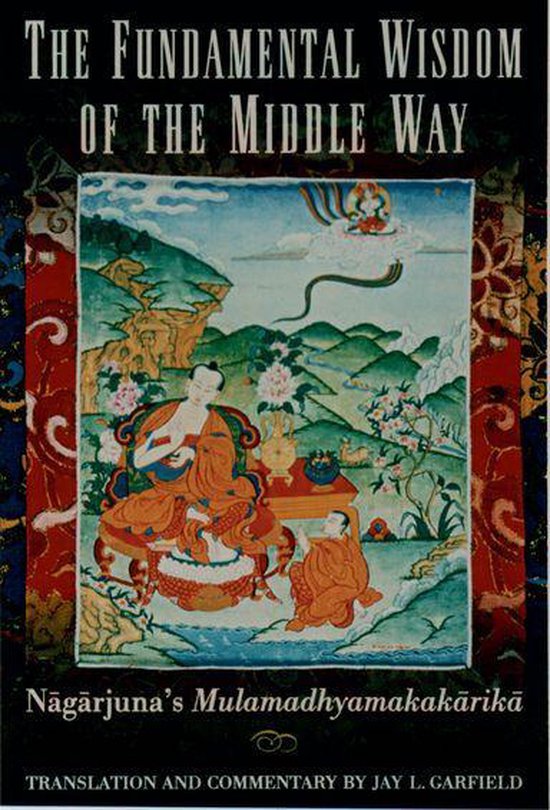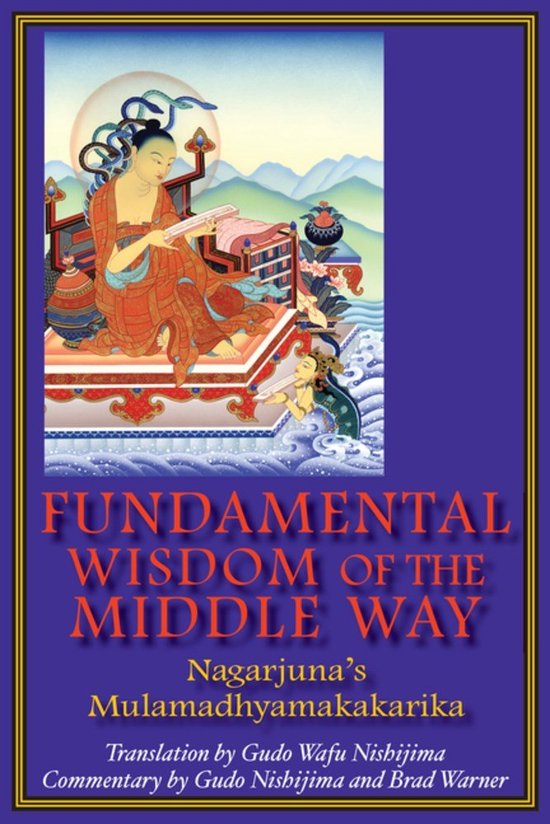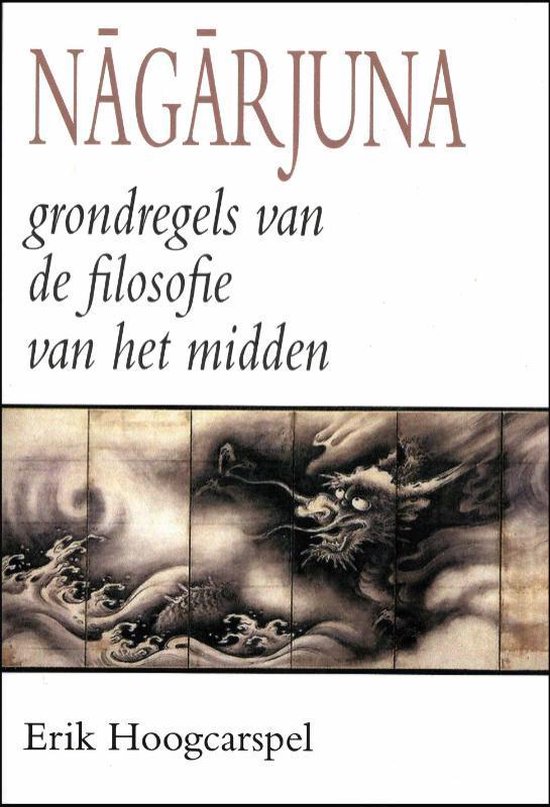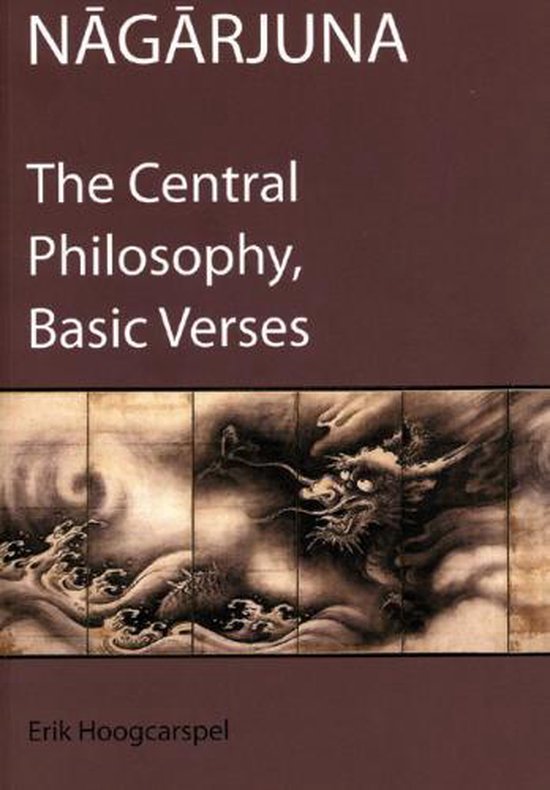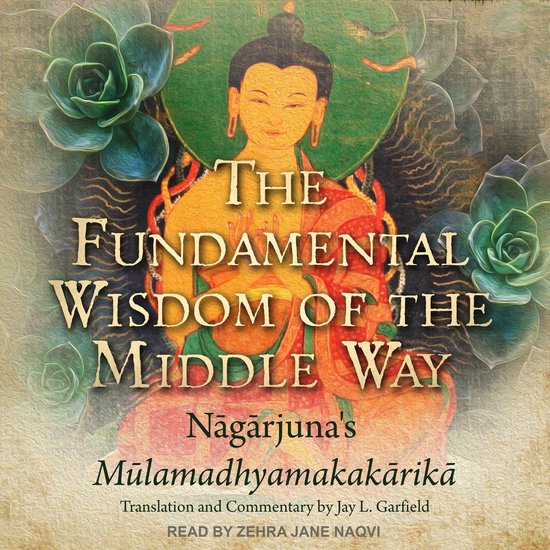
The Fundamental Wisdom of the Middle Way
The Buddhist saint Nāgārjuna, who lived in South India in approximately the second century CE, is undoubtedly the most important, influential, and widely studied Mahāyāna Buddhist philosopher. His greatest philosophical work, the Mūlamadhyamikakārikā-read and studied by philosophers in all major Buddhist schools of Tibet, China, Japan, and Korea-is one of the most influential works in the history of Indian philosophy. Now, in The Fundamental Wisdom of the Middle Way, Jay L. Garfield provides a clear translation of Nāgārjuna's seminal work, offering those with little or no prior knowledge of Buddhist philosophy a view into the profound logic of the Mūlamadhyamikakārikā. Garfield presents a superb translation of the Tibetan text of Mūlamadhyamikakārikā in its entirety, and a commentary reflecting the Tibetan tradition through which Nāgārjuna's philosophical influence has largely been transmitted. Illuminating the systematic character of Nāgārjuna's reasoning, Garfield shows how Nāgārjuna develops his doctrine that all phenomena are empty of inherent existence, that is, than nothing exists substantially or independently. He offers a verse-by-verse commentary that explains Nāgārjuna's positions and arguments in the language of Western metaphysics and epistemology, and connects Nāgārjuna's concerns to those of Western philosophers.
| Auteur | | Nagarjuna |
| Taal | | Engels |
| Type | | Digitaal luisterboek |
| Categorie | | Religie, Spiritualiteit & Filosofie |
